What is Music NFT? Music NFT is a digital asset issued on a blockchain and linked to a song or album by a musical artist. Music NFTs have the potential to revolutionize the traditional music market and the way artists create, distribute and profit from their musical work. So what’s special about Music NFT? Let’s find out with Weakhand in this article.
To better understand Music NFT, people can refer to some of the articles below:
- What is NFT? All About NFTs
Music NFT Overview
What is Music NFT?
Music NFT is simply a Non-fungible token with metadata associated with an individual song, album or video clip. Artists can release their music products as a Music NFT. Users purchasing NFTs can be seen as a way to support artists similar to how they purchase copyrighted music in the traditional market.
However, Music NFTs allow artists to build a more direct relationship with their fan community without going through an intermediary platform. In addition, those who own NFTs released by artists will also receive many other benefits, not just the right to listen to exclusive songs.
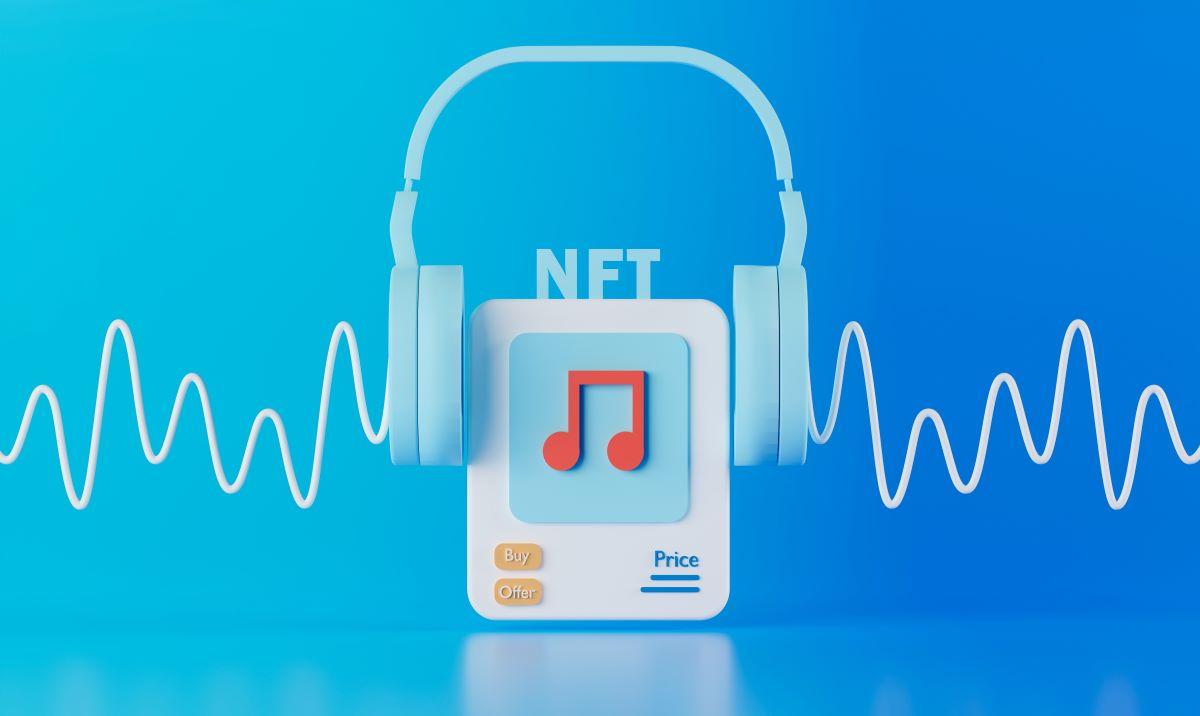
What is Music NFT?
Why is Music NFT important?
According to statistics, the global revenue of the music industry is expected to exceed $65B USD by 2023, but the majority of this revenue mainly flows to a few major music companies and platforms. As a result, artists are now using Music NFTs as a new way to distribute and monetize music.
Music NFTs can revolutionize the way artists create, distribute and monetize their music. Contrary to the current model, where artists have to rely on recording contracts and brand agreements to make money and build their reputation. Music NFT allows artists to reach a large audience. globally and just focus on your forte which is composing music.
How Does Music NFT Work?
Essentially, Music NFT helps transfer music ownership from companies to individual artists. Although artists still have to depend on some services such as record labels, etc., in general Music NFT helps artists have full ownership of their works.
In addition, Music NFT also brings many new revenue sources such as copyright fees that help artists create passive revenue sources without having to rely on tours like in the traditional market. This is extremely helpful especially for emerging artists.
In the traditional market, users pay to get access to an exclusive song. However, that is only audio ownership, not copyright. Conversely, artists can choose to distribute their Music NFTs in small copies and sell them on the open market. Users can purchase these NFTs to gain access to exclusive songs, plus they can resell them to others for a higher price. Overall, Music NFTs help artists cut out the middleman and reach directly to their fan community.
Some Popular Types of Music NFTs
Although Music NFT is still quite new to most users. However, here are some popular Music NFT types today:
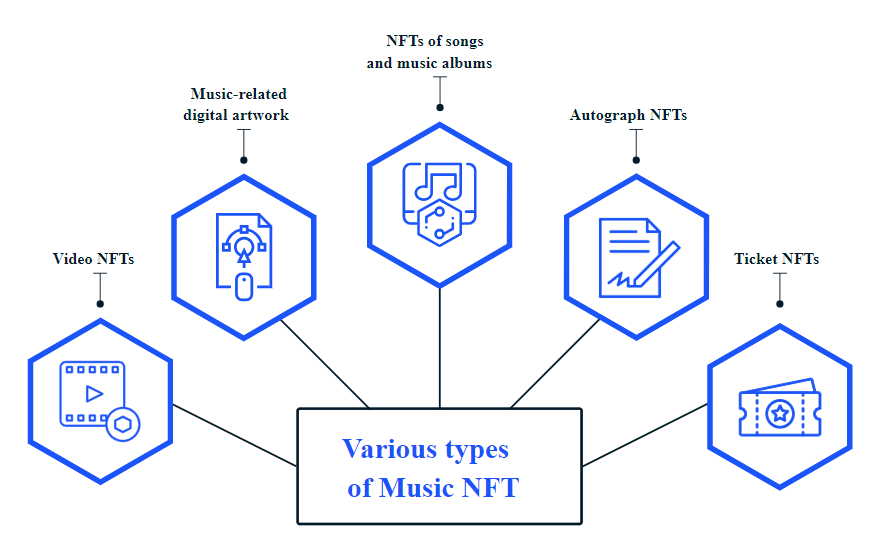
Some popular types of Music NFTs
Autograph NFTs
With the emergence of digital assets in the music industry at the present time, users can now own digital autographs of their favorite artists, bands or musicians. as NFTs.
Music-related digital artwork
Artwork is an essential part of the music industry. Digital works in music include album covers, songs, albums, etc. All these digital works can be encoded into NFTs and sold on open markets.
Ticket NFTs
Ticket NFTs are used by artists to make tickets for live or online music performances on online platforms. Additionally, distributing tickets to fans through Ticket NFTs greatly reduces ticket fraud as is the problem with paper tickets in the traditional market.
NFT videos
Concert and song videos can be converted into NFTs and then sold on the open market. Fans can purchase NFTs to capture interesting moments of the artist or to use for speculation and sell at a higher price in the future.
How Music NFTs Will Impact the Music Industry
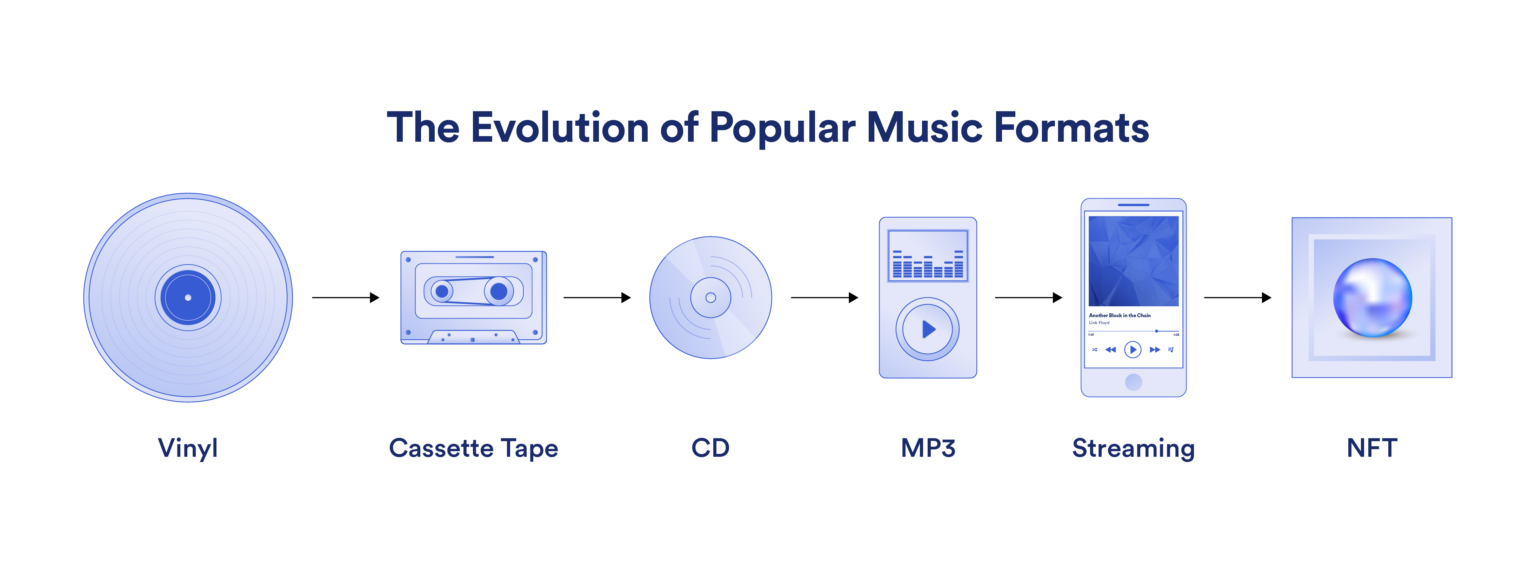
How Music NFT changes the traditional music market
New revenue stream for artists
Currently, it is difficult for artists to achieve significant profits on music streaming platforms. According to estimates, one stream on Spotify is worth about $0.004 USD paid to the artist, meaning 1 million streams only bring in $4000 USD in revenue. This provides a truly negligible revenue stream for artists, but for Music NFTs it’s a different matter.
Artists can release their musical work as an NFT collection for let’s say just a few dozen dollars. However, if the number of listens is high, it means the amount of copyright fees collected will be very large. This will create a large passive revenue stream for artists.
Invest in artists
In the past, artists often relied on companies or record labels to release their products. This can cause them to be tied to the predetermined path that companies have set out from the beginning.
Before the emergence of Music NFTs, crowdfunding by artists was almost impossible, and fans’ motivation to participate often stemmed from their passion for the artist. However, Music NFTs provide a new way for fans to support artists while still potentially making a profit in the future.
Music NFTs allow fans to get in early on investing in an emerging artist. Finding an underrated artist can bring success to both the artist and their fans down the line. Fans can gain early exposure to artists and form closer relationships similar to buying shares of an early-stage startup.
Fan community
Different from the traditional market where there is a very long distance between artists and fans. With Music NFT allows artists to directly reach fans and build a community of their own. This decentralized approach also allows fans to invest and participate in supporting the artists they admire. As a result, Music NFTs are gradually changing the way artists and fans interact and collaborate with each other leading to a more sustainable and meaningful relationship reinforced by benefits for both parties.
Participation of traditional artists
DJ, electronic music producer, and Save The Music supporter Steve Aoki released his first NFT album “Dream Catcher,” which fetched $4.25 million at auction. Celebrities such as The Weeknd, Eminem or Snoop Dogg have achieved seven-figure sales when releasing their work.
Some Popular NFT Music Platforms in the Crypto Market
Audius

Audius is a decentralized music streaming platform for fans and creators. Audius was created with the aim of using blockchain technology to decentralize the music industry.
Additionally, Audius eliminates the middleman in the traditional music industry by connecting artists directly with their fans. Artists have sole ownership of their music and can decide how to monetize them on the platform. They can distribute music for free or set custom fees for fans to unlock exclusive content.
Royal
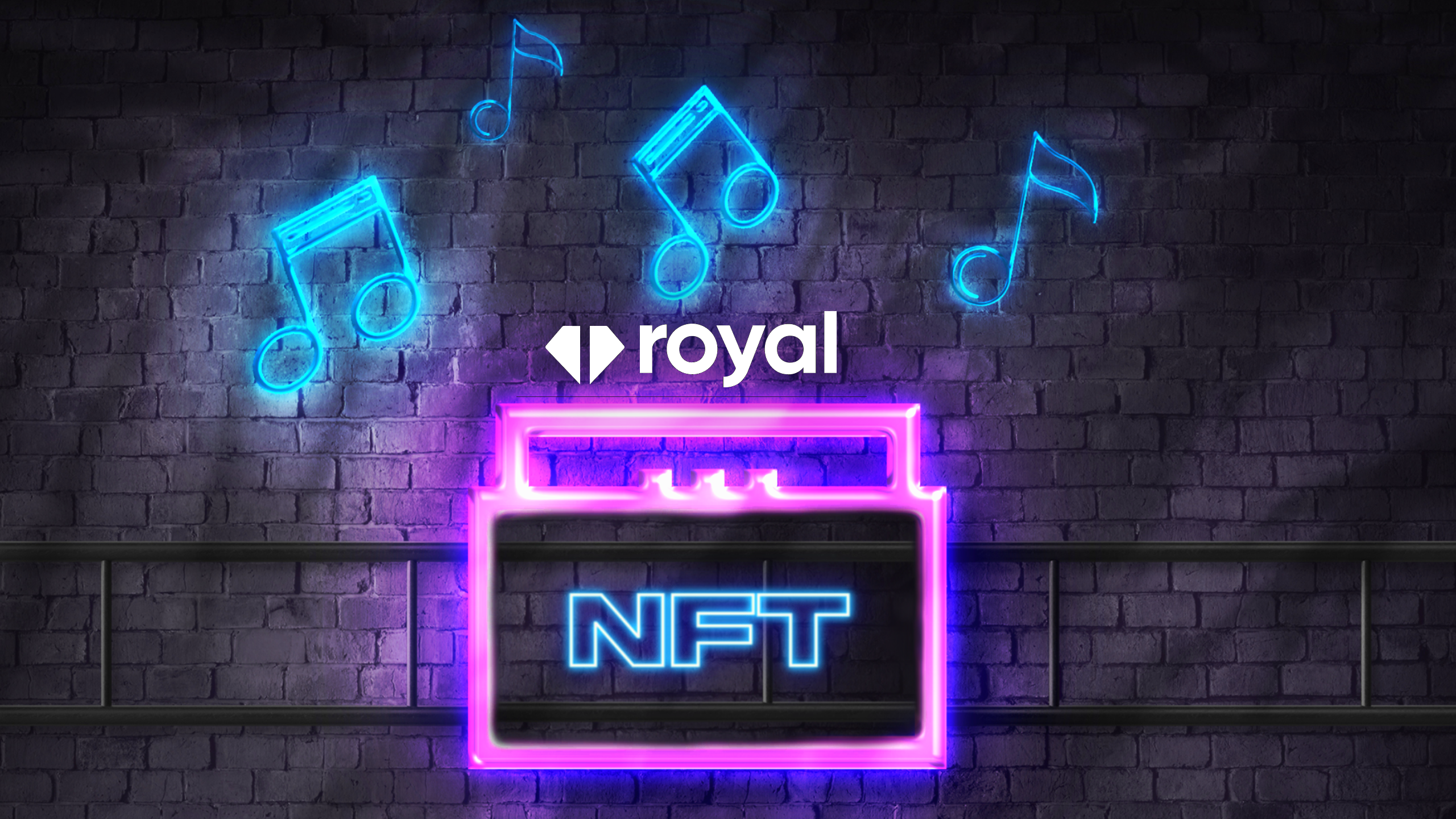
Royal is a Music NFT marketplace founded by Justin Blau (3LAU) and Justin Ross, co-founders of Opendoor. Royal expands access to true ownership of music by creating opportunities for fans to invest in music, take ownership of songs, and collect royalties alongside artists. Meanwhile, artists are the lifeblood of the platform and they decide how much royalty they want to receive for their music products.
Many artists see Royal as a good market for Music NFTs because they can choose the size of their royalty payments. In addition, artists can also provide additional perks for their Music NFTs including: Author name, fan experience,… In addition, artists can also allow Their NFT owners get a percentage share of secondary market sales.
Sound.xyz
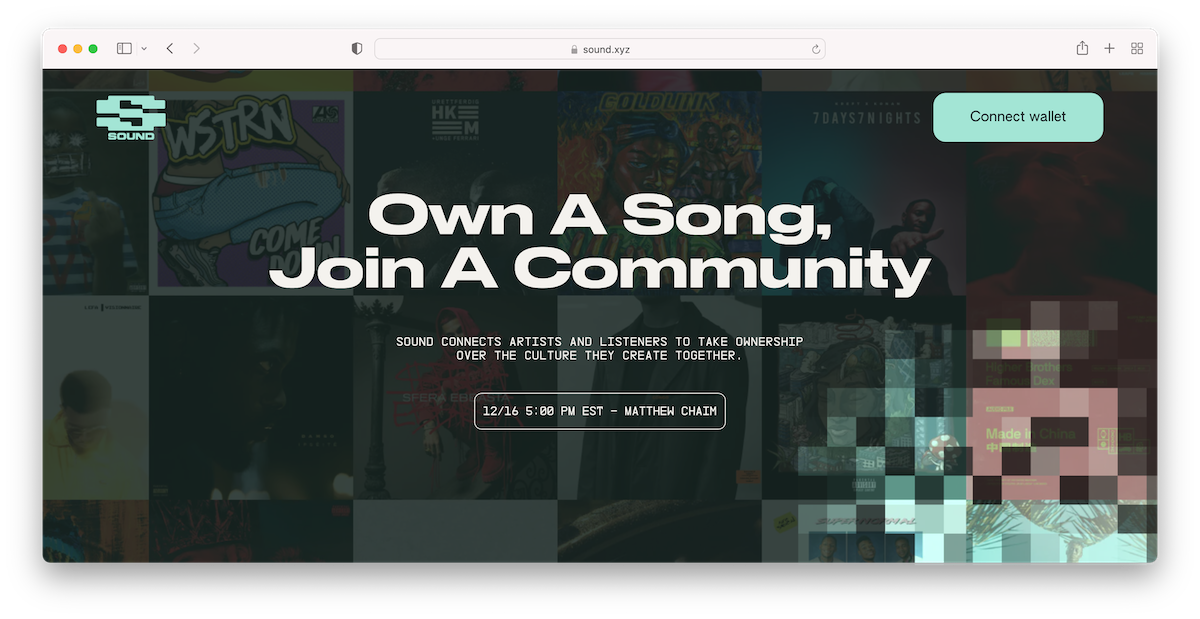
Sound.xyz is a Music NFT marketplace where users can buy and sell music products tokenized as NFTs. Sound.xyz also allows fans to support their favorite artists, while artists can host launch events for new products as they prepare for release. Artists can release their songs and albums as Non-fungible tokens (NFT) for their fans.
summary
Music NFT is a new concept that can change the traditional music market with the benefits it can bring. Artists can connect directly with their fans and enjoy special benefits that the traditional music market cannot offer. Above is all the information I want to provide about Music NFT, hope everyone has received interesting knowledge.


